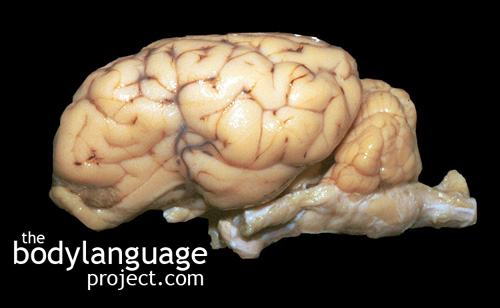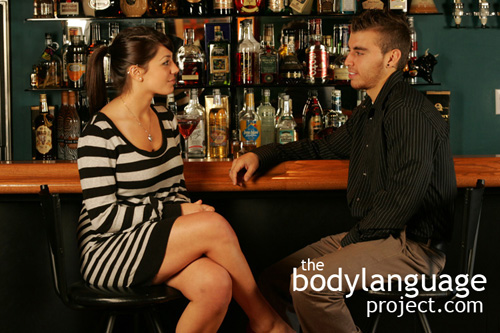 It’s intuitive for most to think that the creation of lies is more difficult than telling the truth. For example, some think that the truth comes ready-made, we simply remove it from a box and present it, whereas lies have to be pieced together and manufactured so appear more difficult to construct. However, only sometimes this is true, other times recalling what really happened proves to be just as difficult. Sometimes the truth requires interpretation and other times the truth is hard to describe such as our opinion and feelings or in other cases is difficult to visualize such as when an event happens quickly. Our minds have built in selective memories making it hard to recall information that has happened in our past, particularly with respect to traumatic or discomforting events. Lies though always involved a deliberate and conscious aim to deliver information that is contrary to the truth, but as we know the truth is only sometimes easy to interpret. Lies can be constructed willy-nilly and can flow just as fast as the mind can imagine things, which, as we know, can happen instantly. This is what makes it only sometimes true that making up lies is more challenging than telling the truth.
It’s intuitive for most to think that the creation of lies is more difficult than telling the truth. For example, some think that the truth comes ready-made, we simply remove it from a box and present it, whereas lies have to be pieced together and manufactured so appear more difficult to construct. However, only sometimes this is true, other times recalling what really happened proves to be just as difficult. Sometimes the truth requires interpretation and other times the truth is hard to describe such as our opinion and feelings or in other cases is difficult to visualize such as when an event happens quickly. Our minds have built in selective memories making it hard to recall information that has happened in our past, particularly with respect to traumatic or discomforting events. Lies though always involved a deliberate and conscious aim to deliver information that is contrary to the truth, but as we know the truth is only sometimes easy to interpret. Lies can be constructed willy-nilly and can flow just as fast as the mind can imagine things, which, as we know, can happen instantly. This is what makes it only sometimes true that making up lies is more challenging than telling the truth.
Depending on how one puts information together, will depend on how others will interpret it as well. We can’t conceivable relay all events, as necessarily our information is censored for brevity. For example, one might describe a particularly uneventful day by saying that it was “fine” and then listing all the main events. However, what constitutes a main event anyway? Someone else might find something important in your day that you failed to mention, however, this doesn’t mean that the person is lying per se. Our minds are complex and quick, when we come up with simple lies, we can create them as fast as we can spite them out. Only when lies get very complicated do we see effects such as stuttering, pauses, speech errors or corrections. Keep in mind that only sometimes are truths prepackaged, but lies are always prepackaged. The length of time to construct them is just one factor. Quick and dirty lies might be shorter and contain only the main details, but so too might the truth. Thus, prompting for more information can sometimes lead to the method of the lie. It’s much easier to catch broad lies too and ones that fall outside the expertise of the teller precisely because they won’t be able to add relevant information from their experiences. Due to the skills we all naturally posses, we should only expect the telling of lies to be slightly more challenging to tell than the truth.


